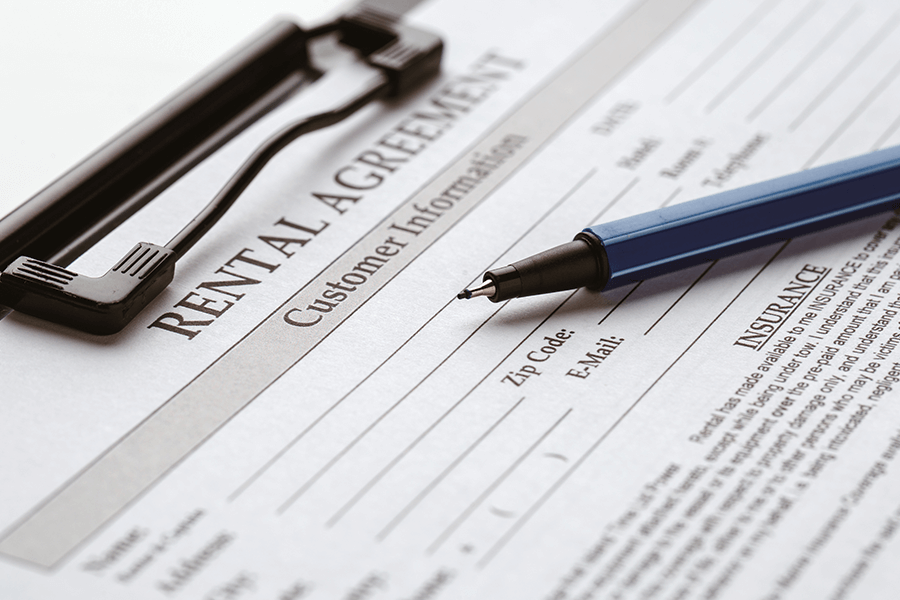
Real Property
In the state of Florida, oral lease agreements, commonly referred to as verbal leases, hold legal validity for any period of less than one year. While these verbal agreements are enforceable, it is essential to understand the nuances and limitations associated with them. Let’s delve deeper into the specifics of oral leases:
Florida Statute Section 83.01 governs the duration of unwritten lease tenancies. Here are the key points:
1. Monthly Tenancy:
If rent is paid on a monthly basis, the tenancy is considered monthly. In this scenario, the lease agreement automatically renews each month unless terminated by either party. For example, if a tenant pays rent on the 1st of every month, their lease is effectively a monthly tenancy.
2. Weekly Tenancy:
When rent is paid weekly, the tenancy becomes weekly. Here, the lease agreement renews every week unless properly terminated. For instance, if a tenant pays rent every Friday, they have a weekly tenancy.
3. Quarterly Tenancy:
For rent paid quarterly, the tenancy duration is quarterly. This means that the lease agreement continues for three-month intervals unless terminated. If a tenant pays rent every three months (e.g., on January 1st, April 1st, July 1st, and October 1st), they have a quarterly tenancy.
It is crucial to note that an “at will” tenancy does not absolve tenants from their responsibility to pay rent promptly, nor does it exempt landlords from adhering to proper rent collection practices.
Similar to written lease agreements, oral leases require written notice for termination. Florida Statute Section 83.57 outlines the notice requirements:
For example, if a tenant has a monthly tenancy, the landlord must give written notice at least seven days before the end of the month if they wish to terminate the lease.

Florida Statute Section 83.56 (3) addresses eviction procedures when a tenant fails to pay rent on time:
Both landlords and tenants have limited remedies when there is no written lease agreement. These remedies are based solely on the duration of tenancy as outlined in Florida State Statutes. While the absence of a written contract does not eliminate responsibilities, pursuing legal challenges can be complex.
Oral leases should be approached with caution due to potential difficulties in proving terms and conditions. For longer-term leases exceeding one year, it is advisable to have a written agreement to comply with legal requirements. Whether you are a landlord or a tenant, understanding the implications of oral leases is essential for protecting your rights and obligations.
Remember that maintaining proper communication and ethical conduct is crucial to avoid disputes and ensure a harmonious landlord-tenant relationship.
To learn more, contact our Real Property Group and request an introduction.

Chairman, CEO, & Managing Director of Legal Services
The Law Offices of Joshua M. Stahley, P.A
We are a boutique law firm combining the breadth of practice and knowledge one would expect from a large global law firm with the personal, white glove, touch our clients love and that we proudly own as our hallmark. Our team stands ready to advise and provide counsel on matters ranging from car accidents to international tax controversies, divorce to estate planning, and everything in between.


